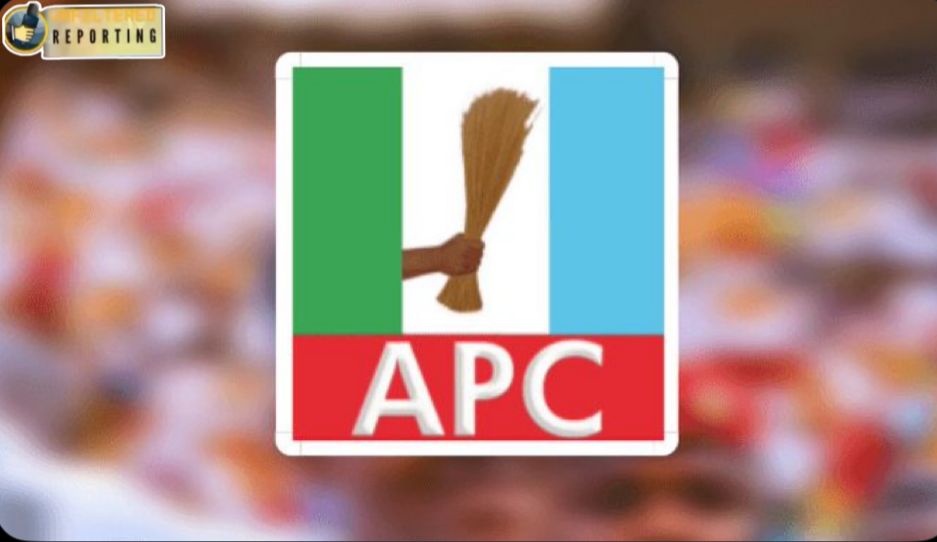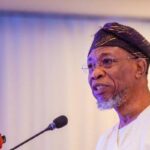Osun APC Calls on NULGE to End Prolonged Strike as Local Government Crisis Deepens

The All Progressives Congress (APC) in Osun State has appealed to the state branch of the National Union of Local Government Employees (NULGE) to reconsider its ongoing strike action, warning that the protracted shutdown of council activities is worsening hardship at the grassroots.
In a statement signed by the party’s Director of Media and Information, Kola Olabisi, the APC described the strike as “unwarranted, counterproductive and politically influenced,” stressing that it has denied residents access to essential local government services. The party alleged that the action is part of a wider plan by the state government to frustrate reinstated APC-elected council chairmen who were recently affirmed by a Federal High Court ruling. The crisis began after Governor Ademola Adeleke dissolved the elected local council executives shortly after assuming office. However, a court judgment later reinstated the sacked APC officials, sparking tensions across local government areas. Following this development, NULGE directed its members to down tools, citing threats to their safety and possible outbreak of violence in council offices. Seven months into the strike, all 30 local governments and the area offices in Osun remain shut, leaving grassroots administration in paralysis. Health centres, sanitation services, community projects, and other vital local government operations have been stalled, forcing residents to endure the impact of a political dispute in which they played no direct role. While the APC maintains that the strike is being used as a political weapon against its reinstated chairmen, NULGE has defended its action. The union insists the move is necessary to protect its members and has also raised fresh concerns about the alleged diversion of withheld allocations meant for councils. It warned that any attempt to channel such funds into unauthorized accounts would amount to financial misappropriation. The APC has called on NULGE to put the welfare of the people first and end the industrial action, stressing that the longer it continues, the more communities will suffer. The party urged the union to return to work and allow the court processes on tenure and financial management to run their course. Observers say the crisis underscores the fragile state of local government administration in Nigeria, where partisan interests often collide with the delivery of basic services. Many civil society groups and community leaders are now urging dialogue between all parties to restore normalcy. As the standoff continues, residents remain caught in the middle of a political and legal impasse that has crippled local governance, with no clear timeline yet for resolution.








